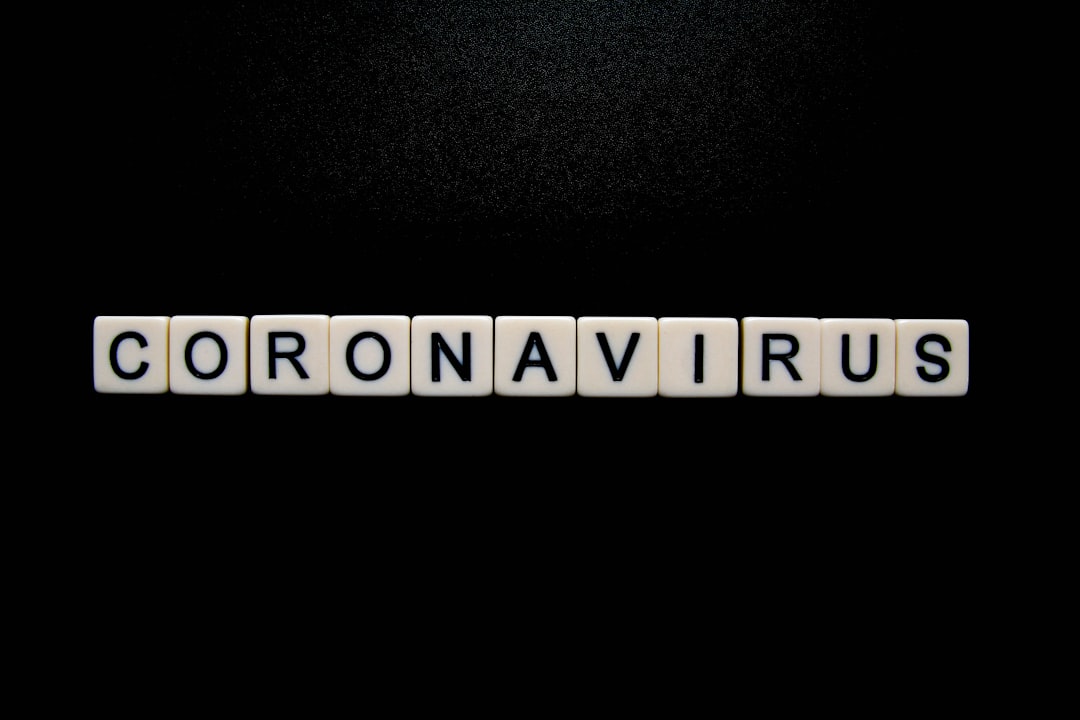What is it about?
Tied to essential shortcuts in thinking, cognitive and affective biases function outside of conscious awareness and are known to affect clinical assessment, reasoning, and decision making in general medicine. This article shows how these biases can also impact psychotherapists’ thinking and influence how they conduct psychotherapy, affecting assessment, formulation, and psychotherapeutic practices. Common biases, as described by Tversky, Kahneman, and others include anchoring, ascertainment, availability, base-rate neglect, commission, confirmation, framing, fundamental attribution error, omission, overconfidence, premature closure, sunk costs, and visceral reaction biases. Since these biases can adversely effect psychotherapy processes and outcomes, we present several strategies by which trainees, experienced clinicians and educators can identify their presence and mitigate their harms.
Featured Image

Photo by Priscilla Du Preez on Unsplash
Why is it important?
While much has been written about the negative impact of clinicians' cognitive and affective biases on clinical decision-making in general medicine, few articles have addressed the potentially deleterious effects of these biases in psychotherapists. We describe how these biases can occur during psychotherapy and offer strategies for managing the resulting problems.
Perspectives
These timely and clinically important issues are rarely addressed in most psychotherapy training.
Joel Yager MD projects Joel Yager
University of Colorado
Read the Original
This page is a summary of: Clinicians’ Cognitive and Affective Biases and the Practice of Psychotherapy, American Journal of Psychotherapy, August 2021, American Psychiatric Association,
DOI: 10.1176/appi.psychotherapy.20200025.
You can read the full text:
Contributors
The following have contributed to this page










